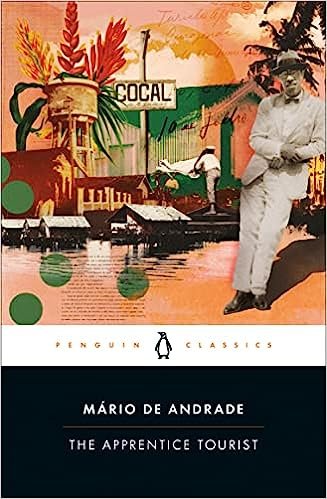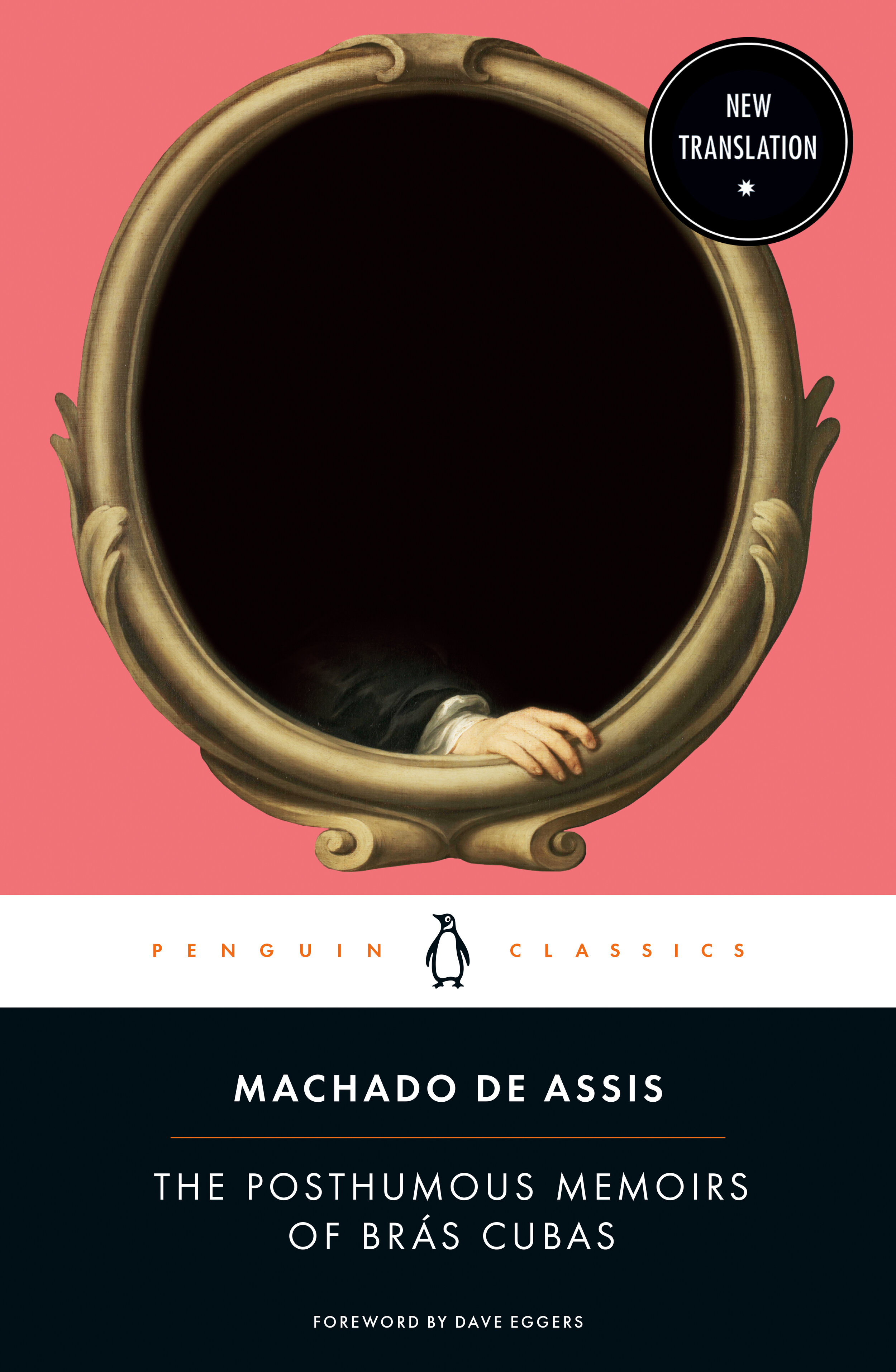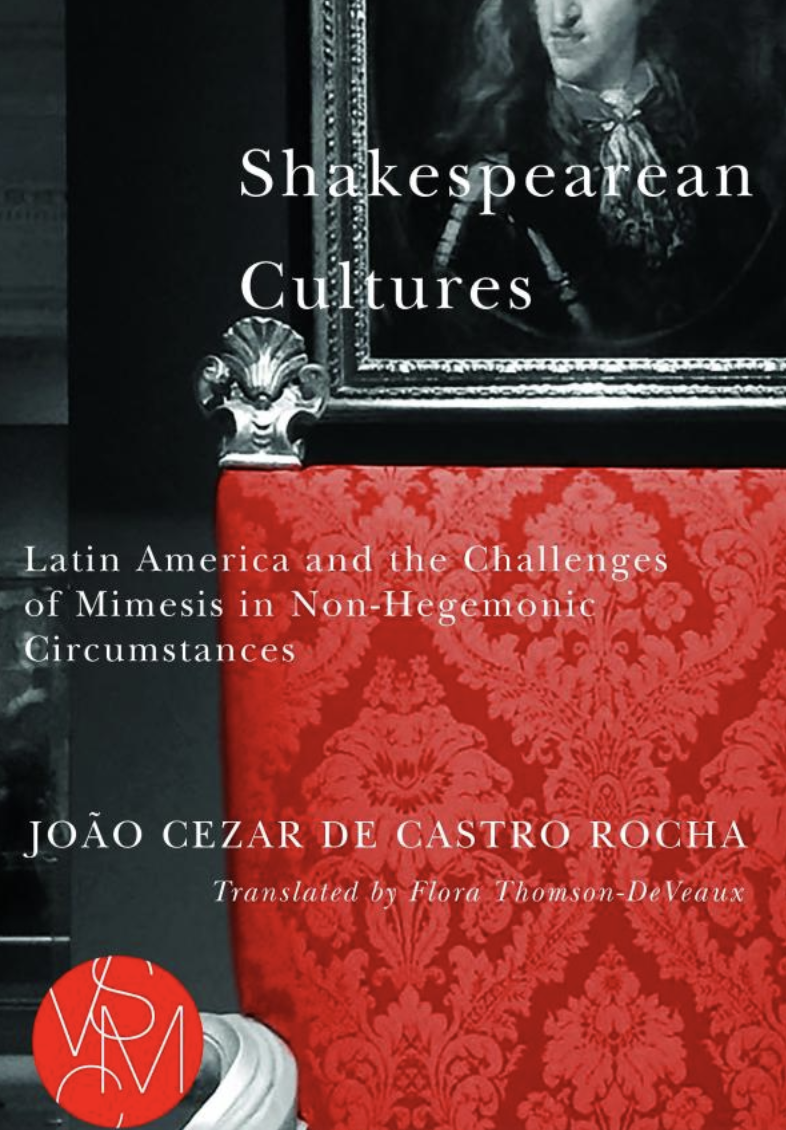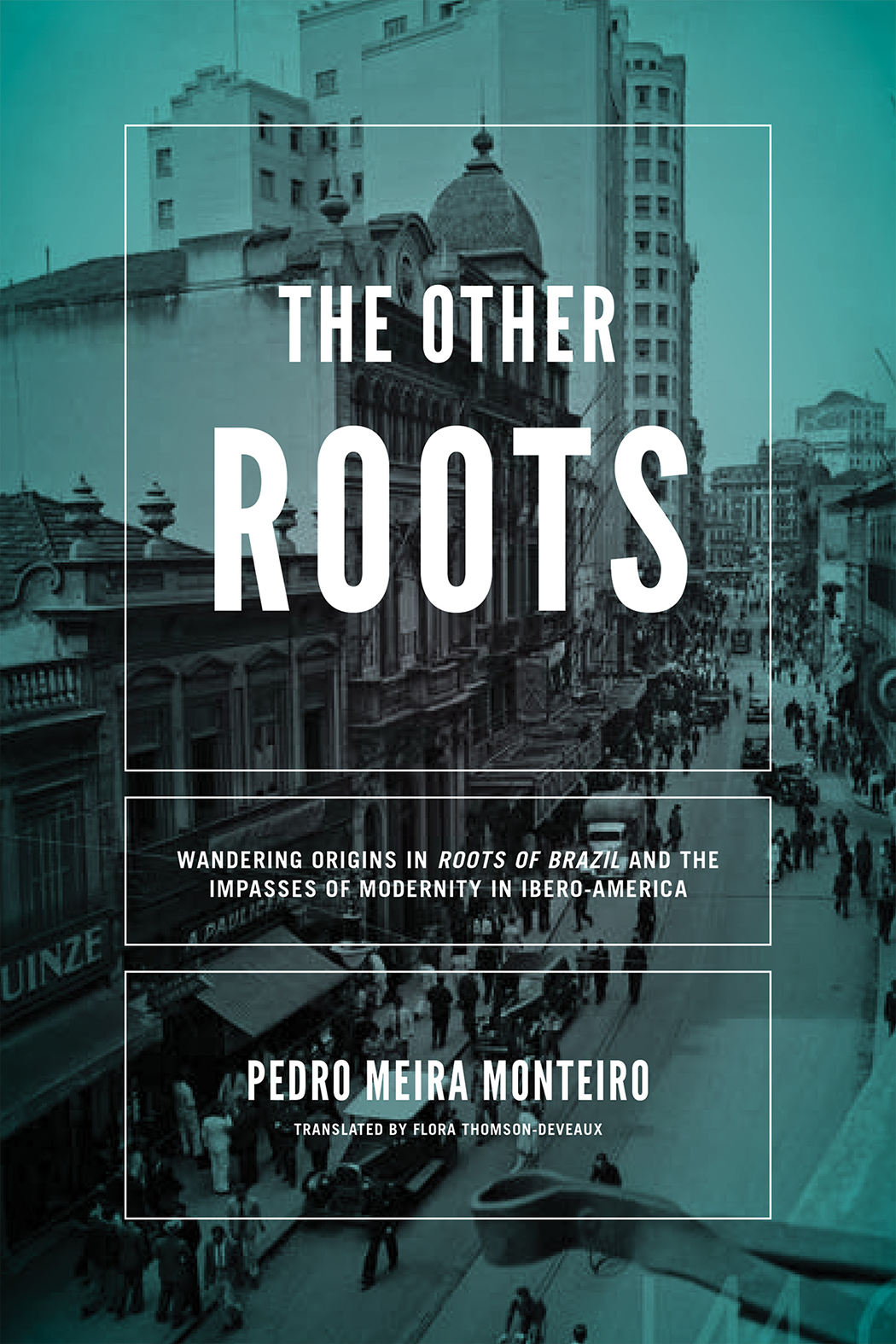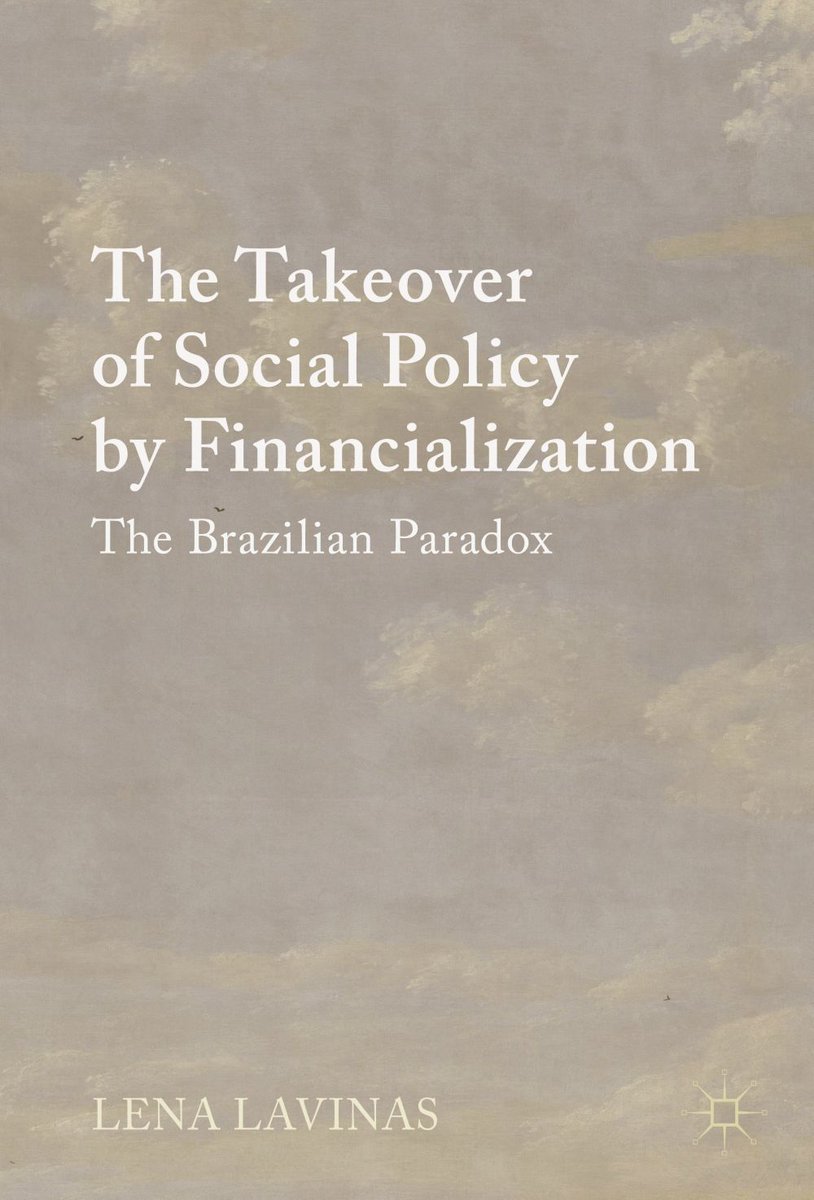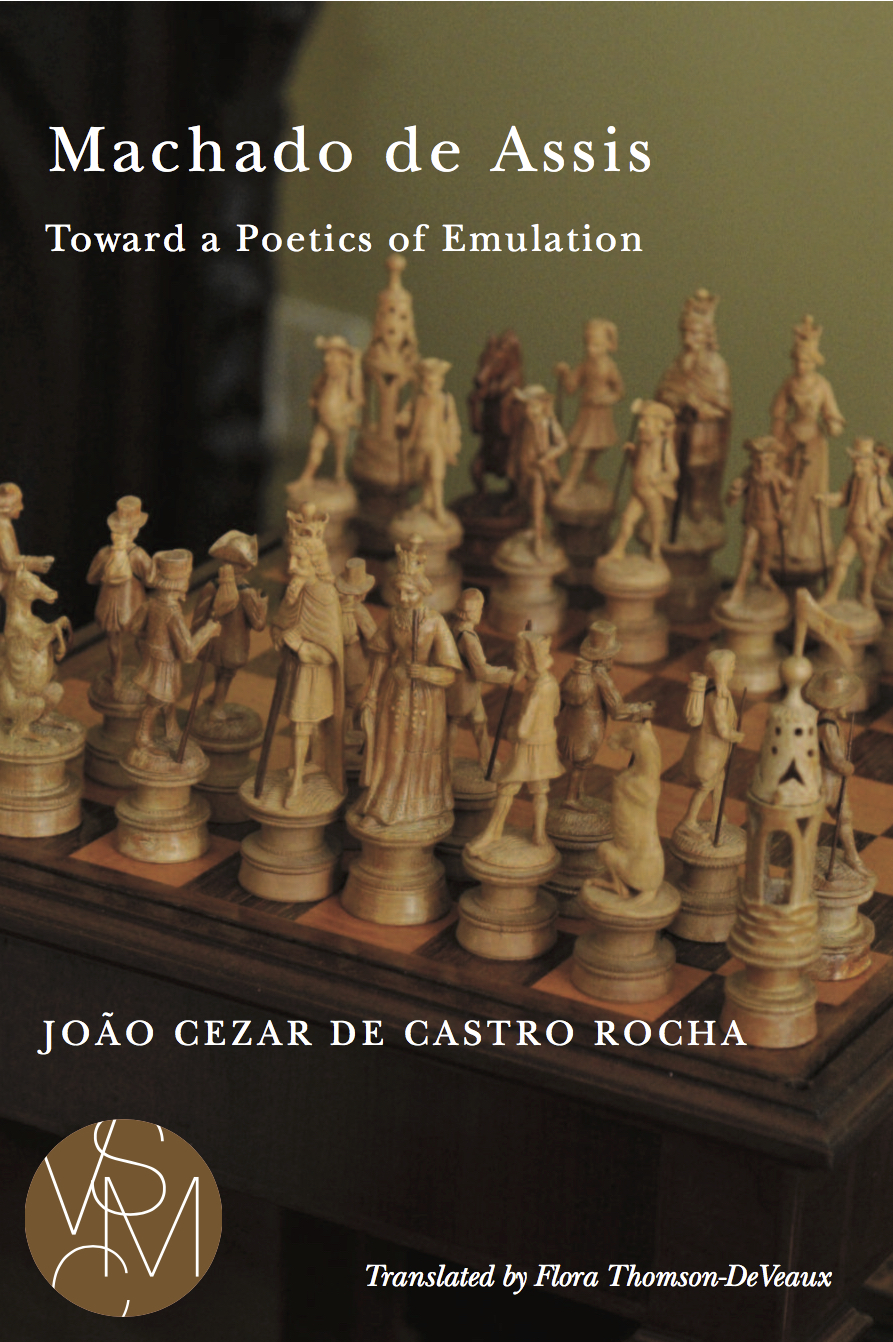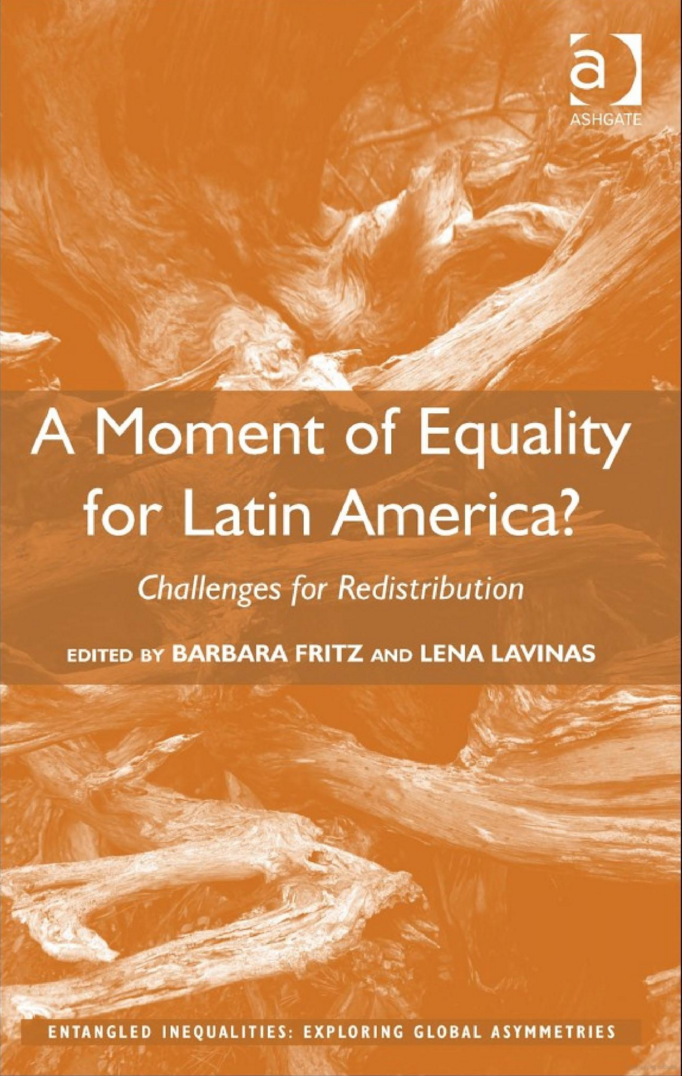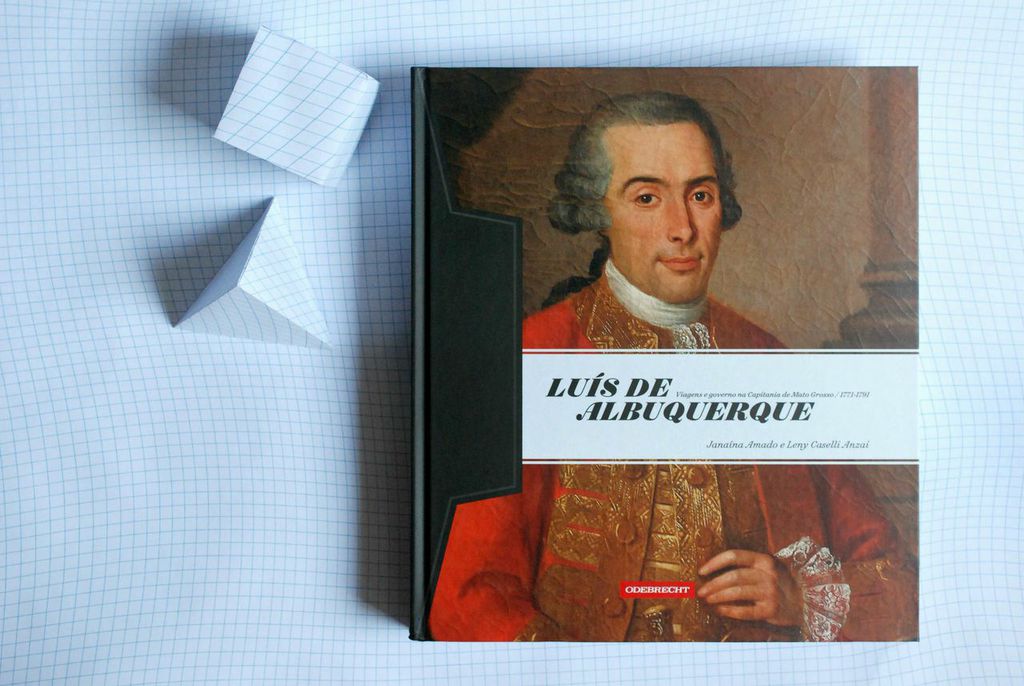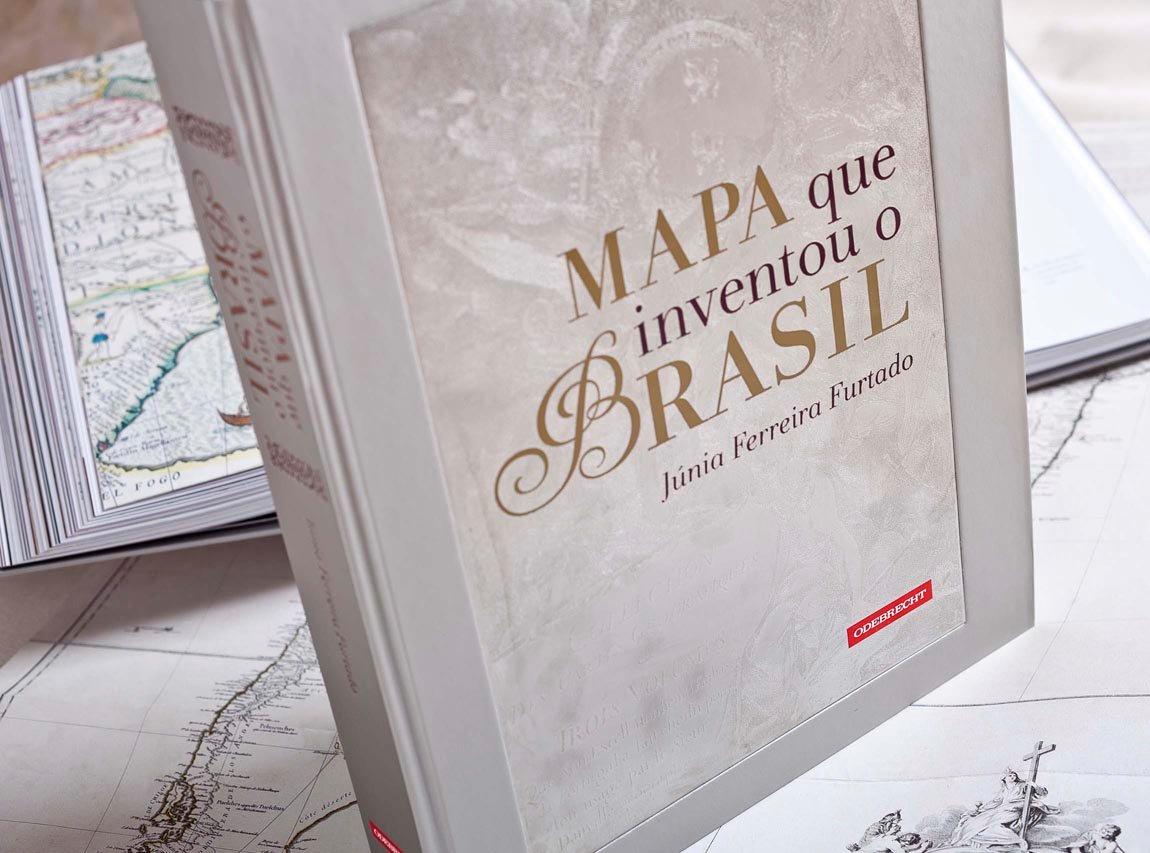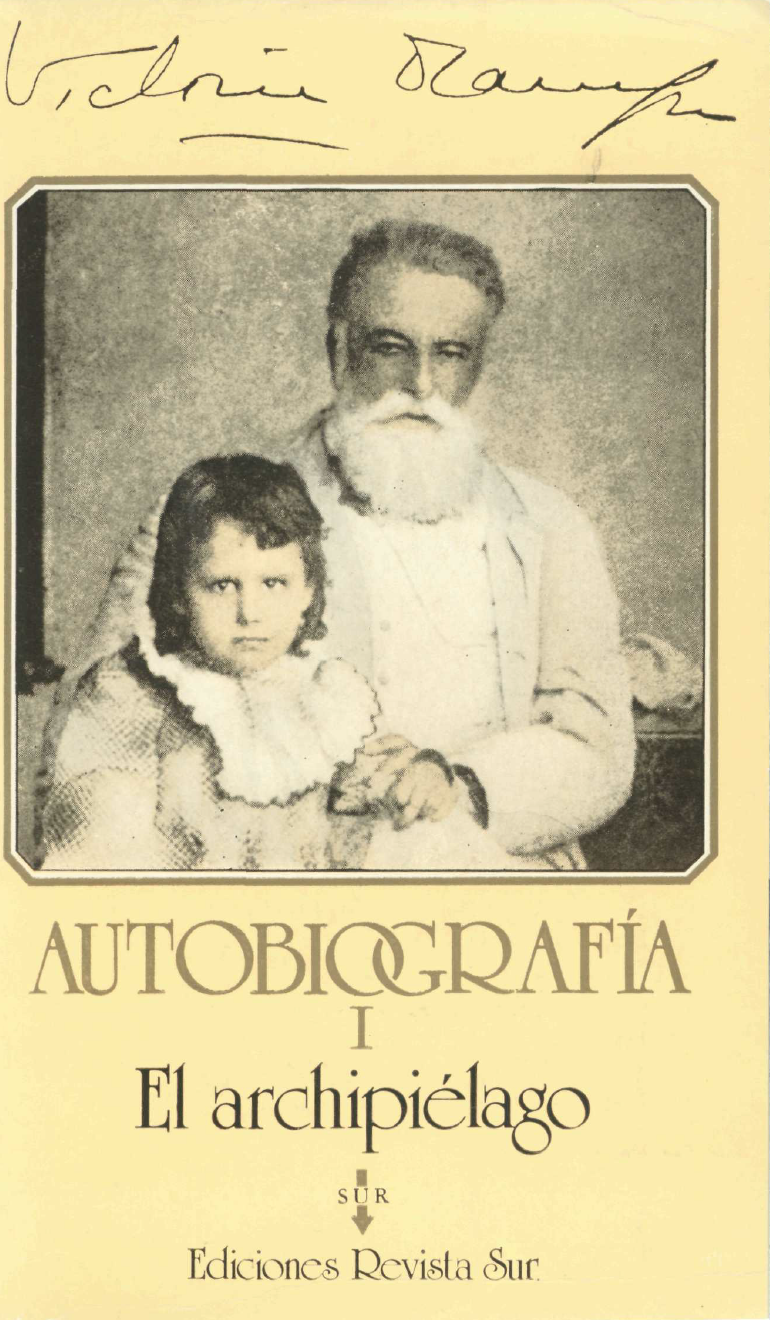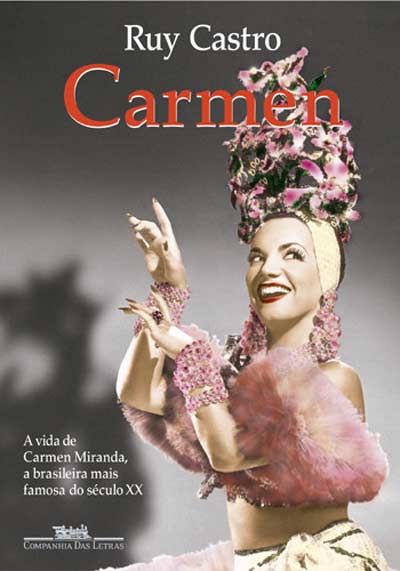books
The Apprentice Tourist: Travels along the Amazon to Peru, along the Madeira to Bolivia, and around Marajó before Saying Enough Already
Mário de Andrade
“My life’s done a somersault,” wrote Mário de Andrade in a letter, on the verge of taking a leap. After years of dreaming about Amazonia, Andrade, the queer mixed-race “pope” of Brazilian modernism and author of the epic novel Macunaíma, finally embarks on a three-month steamboat voyage up the great river and into one of the most dangerous and breathtakingly beautiful corners of the world. Rife with shrewd observations and sparkling wit, and featuring more than a dozen photographs, The Apprentice Tourist not only offers an awed and awe-inspiring fish-out-of-water account of the Indigenous peoples and now-endangered landscapes of Brazil that he encounters (and, comically, sometimes fails to reach), but also traces his internal metamorphosis: The trip prompts him to rethink his ingrained Eurocentrism, challenges his received narratives about the Amazon, and alters the way he understands his motherland and the vast diversity of cultures found within it.
The Posthumous Memoirs of Brás Cubas
Joaquim Maria Machado de Assis
The mixed-race grandson of ex-slaves, Machado de Assis is not only Brazil’s most celebrated writer but also a writer of world stature, who has been championed by the likes of Philip Roth, Susan Sontag, Allen Ginsberg, John Updike, and Salman Rushdie. In his masterpiece, the 1881 novel The Posthumous Memoirs of Brás Cubas (translated also as Epitaph of a Small Winner), the ghost of a decadent and disagreeable aristocrat decides to write his memoir. He dedicates it to the worms gnawing at his corpse and tells of his failed romances and halfhearted political ambitions, serves up harebrained philosophies, and complains with gusto from the depths of his grave. Wildly imaginative, wickedly witty, and ahead of its time, the novel has been compared to the work of everyone from Cervantes to Sterne to Joyce to Nabokov to Borges to Calvino, and has influenced generations of writers around the world.
This new English translation is the first to include extensive notes providing crucial historical and cultural context. Unlike other editions, it also preserves Machado’s original chapter breaks–each of the novel’s 160 short chapters begins on a new page–and includes excerpts from previous versions of the novel never before published in English.
Shakespearean Cultures: Latin America and the Challenges of Mimesis in Non-Hegemonic Circumstances
João Cezar de Castro Rocha
In Shakespearean Cultures, René Girard’s ideas on violence and the sacred inform an innovative analysis of contemporary Latin America. Castro Rocha proposes a new theoretical framework based upon the “poetics of emulation” and offers a groundbreaking approach to understanding the asymmetries of the modern world.
The Other Roots: Wandering Origins in Sérgio Buarque de Holanda's Roots of Brazil and the Impasses of Modernity in Ibero-America
Pedro Meira Monteiro
“This is a book by a restless, curious, and erudite thinker who has dedicated himself to reflecting on the seminal work and figure of Sérgio Buarque de Holanda. The conversation is so elegantly executed, and the results so ringing, that all emerge transformed: Holanda, Meira Monteiro, and the readers themselves.”
— Lilia Moritz Schwarcz, University of São Paulo
The Takeover of Social Policy by Financialization: The Brazilian Paradox
Lena Lavinas
Critically addresses the model of social inclusion that prevailed in Brazil under the rule of the Workers Party from the early 2000s until 2015. It examines how the emergence of a mass consumer society proved insufficient, not only to overcome underdevelopment, but also to consolidate the comprehensive social protection system inherited from Brazil’s 1988 Constitution.
Machado de Assis: Toward a Poetics of Emulation
João Cezar de Castro Rocha
This book offers an alternative explanation for one of the core dilemmas of Brazilian literary criticism: the “midlife crisis” Machado de Assis underwent from 1878 to 1880, the result of which was the writing of The Posthumous Memoirs of Brás Cubas, as well as the remarkable production of his mature years—with an emphasis on his masterpiece, Dom Casmurro.
A Moment of Equality for Latin America?
Barbara Fritz and Lena Lavinas, eds.
Unlike other regions around the world, several Latin American countries have managed to reduce income inequality over the last decade. Higher growth rates and growing employment, but also innovative wage policies and social programs, have contributed to reducing poverty and narrow income disparities. Yet, despite this progress, nation-states in the region demonstrate little capacity to substantially change their patterns of deeply rooted inequalities. Focusing on the limits and challenges of redistributive policies in Latin America, this volume synthesizes and updates the discussion of inequality in the region, introducing the perspective of global and transnational interdependencies.
Luis de Albuquerque: Travels and Administration in the Captaincy of Mato Grosso, 1771-1791
Janaína Amado and Leny Caselli Vanzai
In 1771, Luís de Albuquerque de Melo Pereira e Cáceres was chosen by the Marquis of Pombal in 1771 to govern the captaincy of Mato Grosso. Researchers Janaína Amado and Leny Caselli Anzai located his complete diaries, covering everything from the moment he left Portugal to his return to his homeland – a wealth of information contextualizing the Portuguese fight to affirm itself as an empire and the struggle with the Spanish over the 18th century. The diaries are reproduced in facsimile, with their records of routes, the foundation of towns, strategies to approach locals, the naming of geographical accidents, natural phenomena, and examples of regional fauna and flora.
The Map that Invented Brazil
Júnia Ferreira Furtado
We tend to think that maps are made to depict a previously defined territory. And, in general, things do happen that way. But that wasn't the case with Brazil. The story, which unfurls over the course of the first half of the 18th century, is told by Júnia Ferreira Furtado, the winner of the 8th edition of the Odebrecht Prize for Historical Research. The project investigates the collaboration between Portuguese diplomat Dom Luís da Cunha and Jean-Baptiste Bourguignon D'Anville, geographer to the king of France, as they produced the Carte de L’Amérique Méridionale, used in negotiating the Treaty of Madrid in 1750, and which wound up tracing the contours of modern-day Brazil.
The Archipelago
Victoria Ocampo
The first volume of the six-volume autobiography from the grand dame of Argentine letters, The Archipelago is an unexpectedly playful and free-form memoir that covers Ocampo's family history and early childhood.
COMPLETED
Carmen: A Biography
Ruy Castro
Carmen: a Biography doesn’t stop at reconstructing the life of Carmen Miranda, the most famous Brazilian woman of the 20th century. This is also the story of Brazilian youth, popular music, radio, and casinos in Rio in the 1920s and 30s, and of the private lives of great American stars on Broadway and in Hollywood in the 40s and 50s. And it is a profoundly human story, tempered by the humor and inimitable style of renowned biographer Ruy Castro.
COMPLETED
